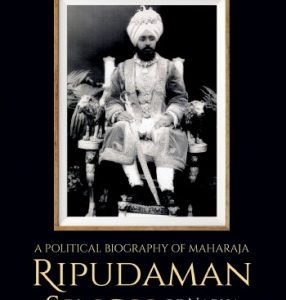
J S Grewal

25 books

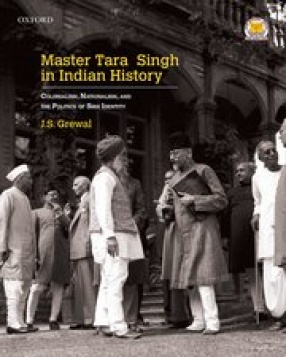
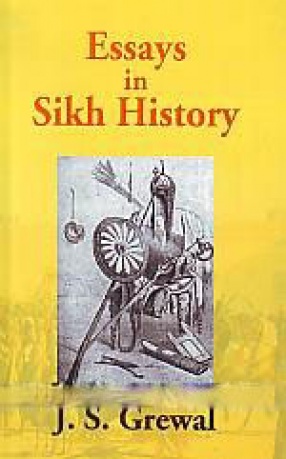
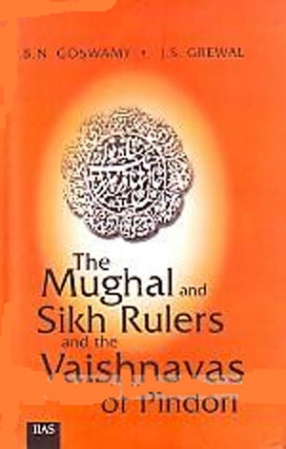
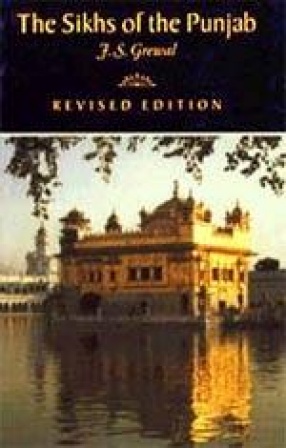
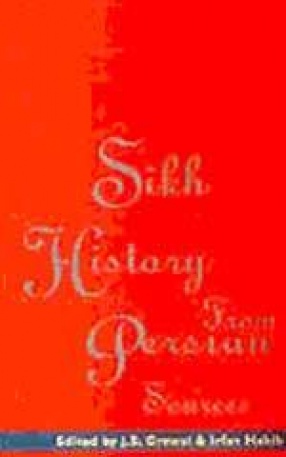
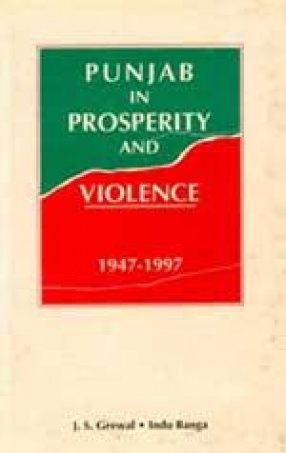
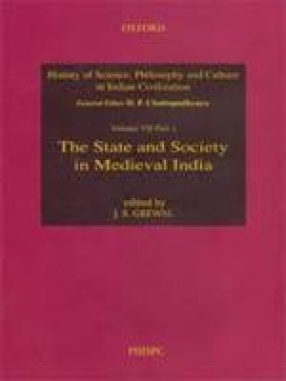

Maharaja Ripudaman Singh of Nabha (1883-1942) was an exceptional ruler, a princely ‘rebel’ who resisted the paramount power in different ways. Forced to abdicate in 1923 ostensibly on account of ‘maladministration’, Ripudaman Singh was sent to Kodaikanal in 1928, where he died after 14 years in captivity without any recourse to judicial appeal.
Set against the backdrop of Indian nationalism, Sikh resurgence, and British paramountcy, J.S. ...

This is the first comprehensive study of the life and work of Master Tara Singh (1885–1967), Akali leader, freedom fighter, and arguably the foremost leader of the Sikhs. Master Tara Singh’s vision of the ‘Indian National State’ was fundamentally different from that of Jawaharlal Nehru and the Indian National Congress. The partition of British Punjab and the formation of Punjabi Suba are the lasting legacies of his determined efforts to ...

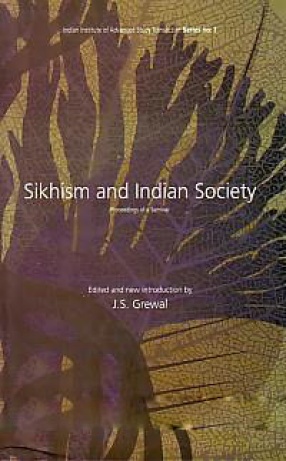
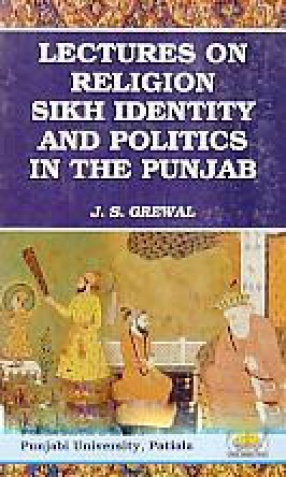
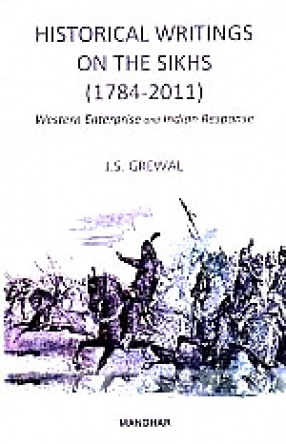
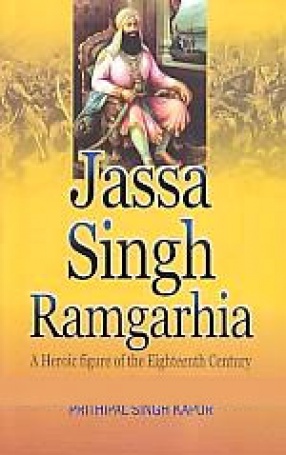

Covering the period of over 150 years from 1695 to 1859, this rich collection of 52 Persian documents is published with facsimiles, transcription, translation and full annotation of each document. Together, these diverse documents provide information on matters: political, social, economic and cultural, with a bearing of political history, polity, administrative practices, local functionaries, legal practices at the court of the Qazi in relation to property, role ...
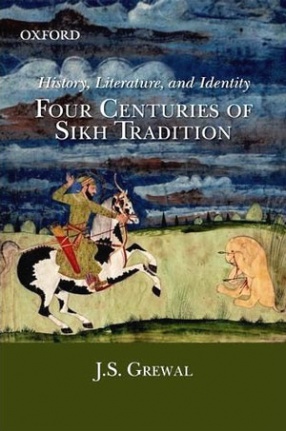
This book examines the entire range of Sikh sacred literature produced between the sixteenth- and nineteenth century to give a comprehensive account of the Sikh tradition. Divided into five parts, it discusses the historical context of the production of Sikh literature and also the development of Sikh identity. The first part of the book (1500-1605) explores the compositions of the first five Gurus and the next analyses the literary genre characterizing the ...
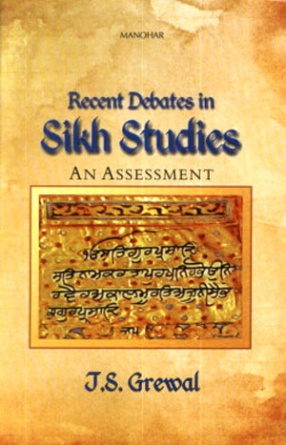
Sikh studies in recent decades have been marked by a prolonged controversy involving most of the basic issues related to the Sikh tradition: the life of Guru Nanak and the Janamsakhis, the teachings of Guru Nank, the nature of his faith, and his status in the history of religion, evolution of the Sikh community and its politicization, the Khalsa rahit and the doctrines of Guru Panth and Guru Granth, the history of the Dasam Granth, its status, and its importance ...
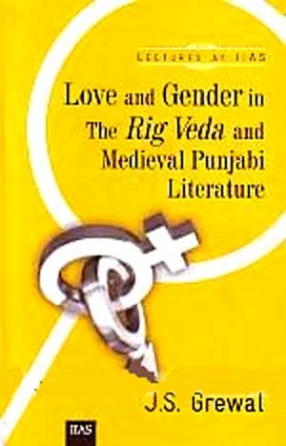
Three lectures delivered at the Indian Institute of Advanced Study in May 2010.
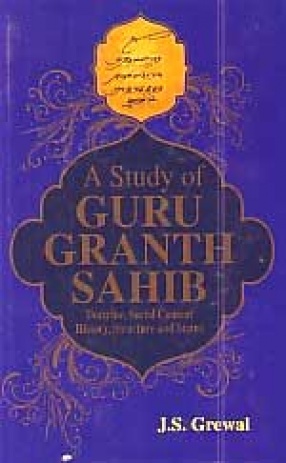
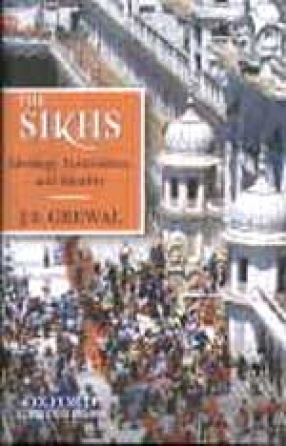
This unique collection brings together essays by leading Sikh scholar, J.S. Grewal. Spanning over four decades, it presents a comprehensive and authoritative account of key aspects of Sikh tradition from Guru Nanak to the present times. Organized thematically, The Sikhs comprehensively covers all the central issues in Sikh history and religion. The first three parts deal with ideological underpinnings, the evolution of socio-political institutions, and Sikh ...
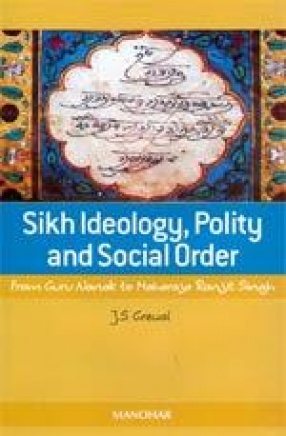
This book is the fourth 'incarnation' of essays published in 1972. A slightly revised edition appeared in 1982, and an enlarged one in 1996. The present edition is much enlarged and thoroughly revised. In many of these essays the author has analysed contemporary works of history and literature and all other essays are based strictly on contemporary evidence. In the volume as a whole Sikh ideology, polity and social order are seen from ...

In a revised edition of his original book, J.S. Grewal brings the history of the Sikhs, from its beginnings in the time of Guru Nanak, the founder of Sikhism, right up to the present day. Against the background of the history of the Punjab, the volume surveys the changing pattern of human settlements in the region until the fifteenth century and the emergence of the Punjabi language as the basis of regional articulation. Subsequent chapters explore the life and ...

This volume is a part of the research and publication programme of the Indian History Congress to commemorate the tercentenary of the Khalsa. It presents translations of all major Persian sources of Sikh history up to 1765, when Sikh power was established over the Punjab. These sources offer details that are not otherwise available, and richly supplement the information preserved in the Punjabi (Gurmukhi) traditions. Yet, until now, most of the Persian texts ...
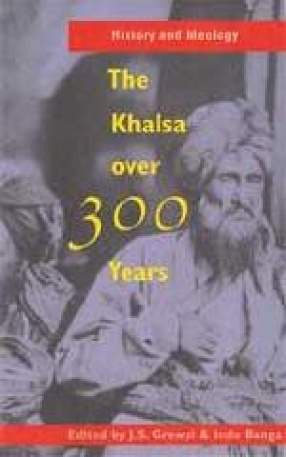
History and Ideology: The khalsa Over 300 Years, edited by Professors J.S.Grewal & Indu Banga, commemorates the tercentenary of the Khalsa by focusing on the history of the Sikh Panth, setting it in the context of the general history of India . The essays included in this volume comprise a selection from presentations that have been made at annual sessions of the Indian History Congress since its foundation in 1935, and cover the major phases of Sikh history ...

Punjab in Prosperity and Violence should be of great interest to administrators, politicians and journalists as well as to the social scientist and the general reader because it gives insights into administration, politics, violence, demographic change, and the condition of the relatively unprivileged sections of the society - women, dalits, labourers and village communities. Besides civil service and police, the contributors come from the disciplines of history, ...
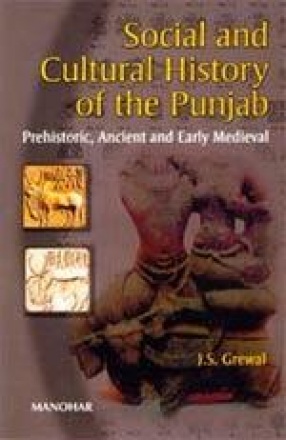
The 'Punjab' of this book is a metaphor for the geographical region surrounded by the Himalayas, the Great Indian Desert, the Aravali hills and the river Jamuna. During a period of about 4000 years up to AD 1000, the cultural boundaries of this region did not coincide with its geographical boundaries and there were sub-regional differences and there were sub-regional differences as well. There was a great deal of interaction with the outside world and between ...
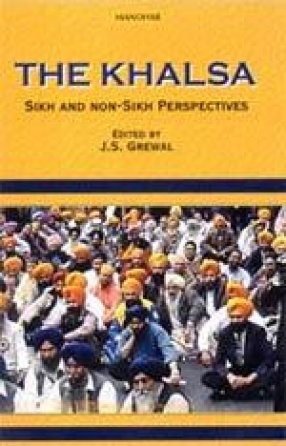
This book demonstrates that historiography is a dynamic process. The five major Sikh writers analysed in the book present differences of factual detail, objectives and approach. If one glorifies the Khalsa as upholding the monotheistics tradition, another compromises the monotheistic tradition by bringing in the goddess. If one negates the egalitarian norm of the Khalsa social order, another valourizes its uncompromising sovereignty in the face of threat from the ...

The volumes of the Project on The History of Science, Philosophy and Culture in Indian Civilization aim at discovering the main aspects of India’s heritage and present them in an interrelated way. In spite of their unitary look, they recognize the difference between the areas of material civilization and those of ideational culture. The Project is executed by scholars with different ideological persuasions and methodological approaches and is marked by ...

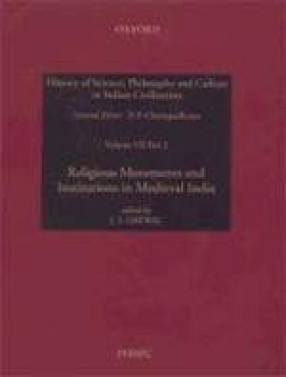
The volumes of the Project of the History of Science, Philosophy and Culture in Indian Civilization aim at discovering the main aspects of India's heritage and present them in an interrelated way. In spite of their unitary look, they recognize the difference between the areas of material civilization and those of ideational culture. The project is executed by scholars with different ideological persuasions and methodological approaches and is marked by ...

